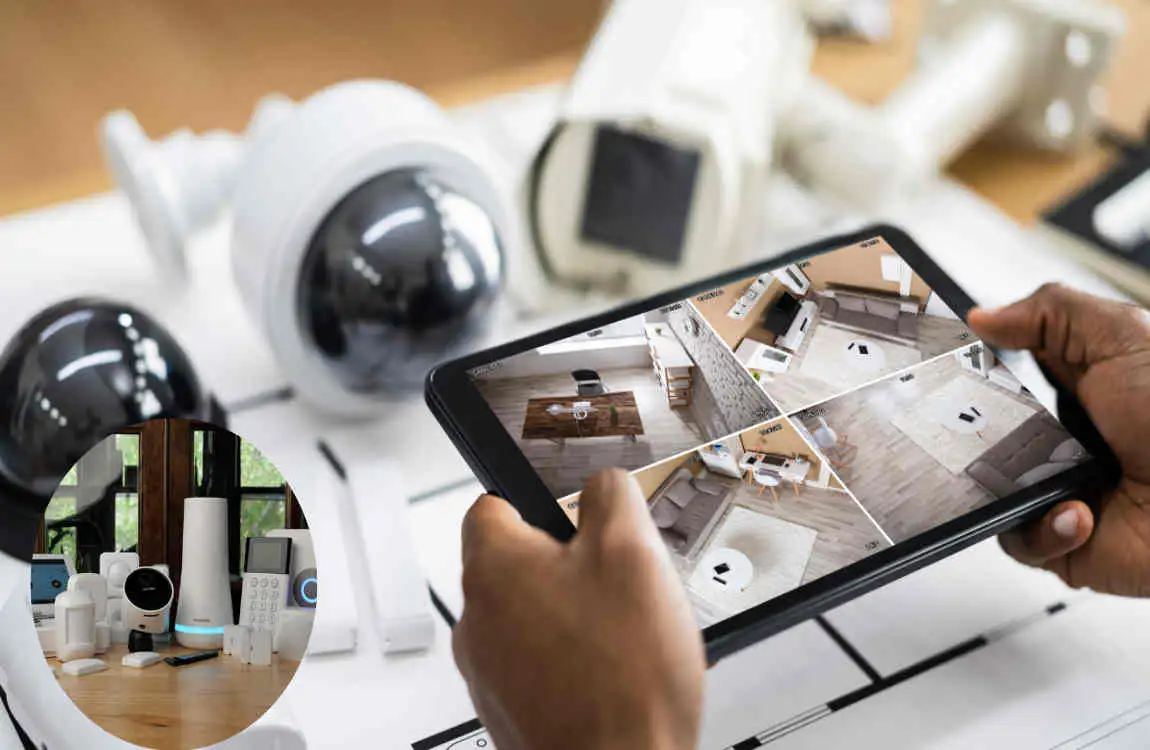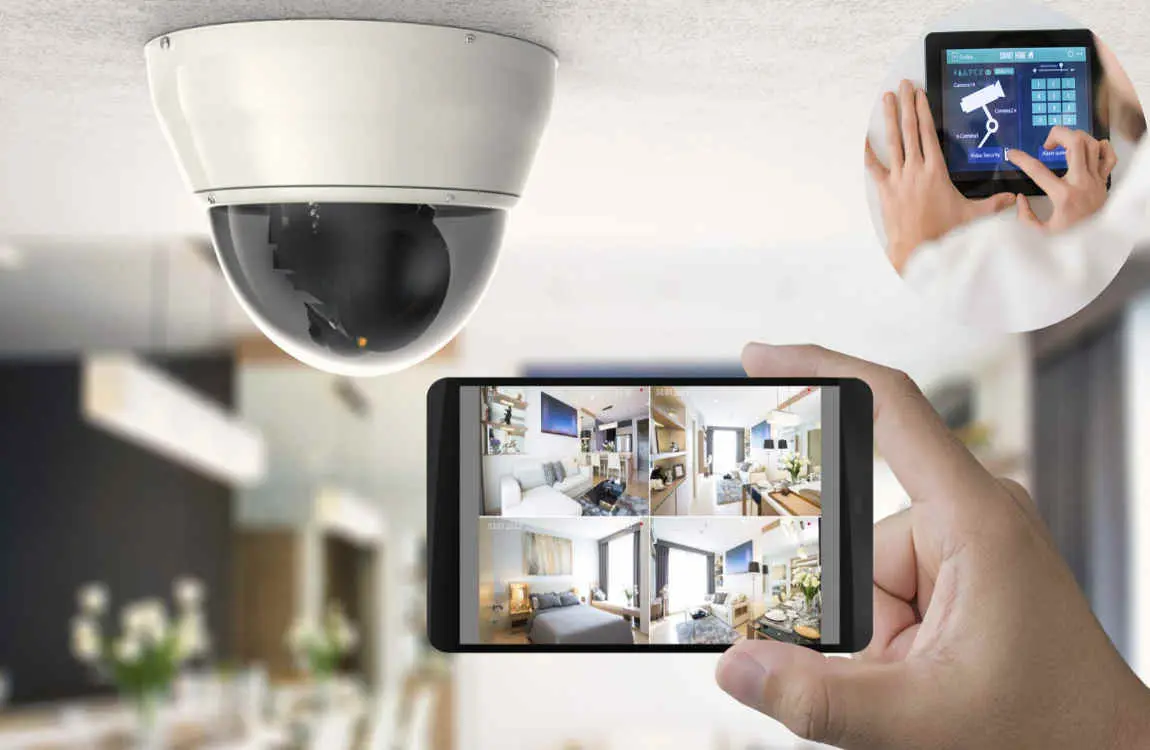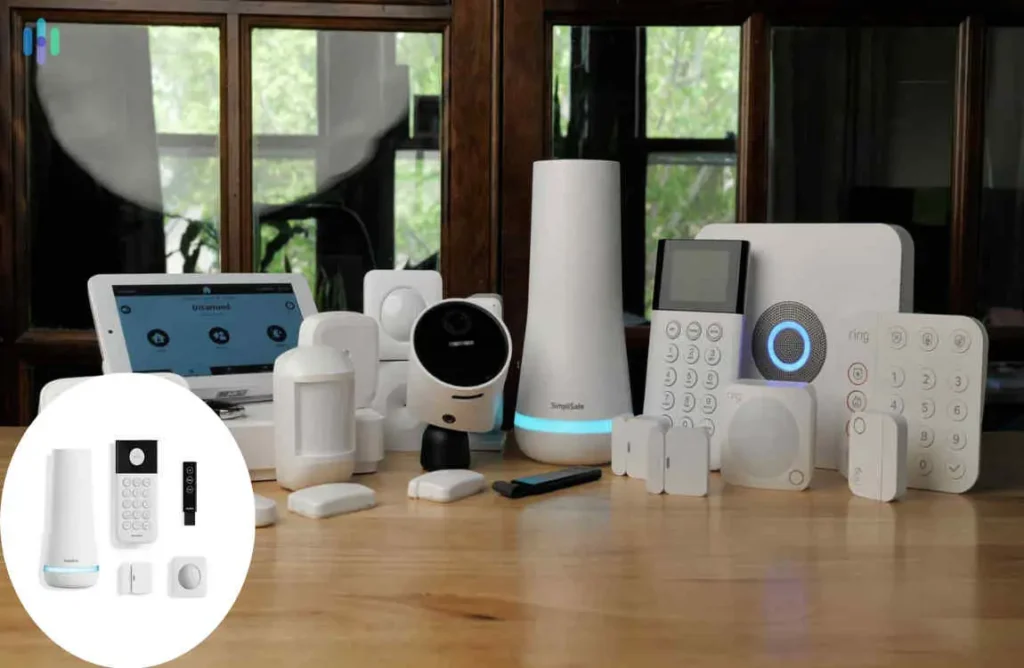Maximizing your tax savings with home security investments can be a smart financial move, especially if your home serves as your principal place of business. By strategically leveraging tax deductions, depreciation options, and home office deductions related to home security systems, you can reduce your overall tax liabilities while enhancing your property’s safety and value. Understanding how to document expenses and apply the right methods ensures you make the most of these potential tax benefits.
Benefits of Investing in Home Security

Investing in home security offers peace of mind. Knowing your home is protected can significantly reduce stress levels.
Home security systems also deter potential burglars. Visible cameras or alarm signs can discourage criminal activity before it even happens.
Furthermore, smart technology integration adds convenience to daily routines. You can monitor your property from anywhere using mobile apps, giving you instant access and control over your home’s safety measures.
Investing in security increases property value. A well-secured home is more attractive to buyers when it’s time to sell.
Tax Deductible Expenses for Home Security
Investing in home security can be a smart financial move. Many homeowners don’t realize that some expenses related to their security systems may be tax deductible.
For instance, if you install a system primarily for the purpose of protecting your rental property, certain costs could qualify as business deductions. This includes installation fees and equipment purchases.
Always keep receipts and documentation of these expenditures. Having clear records will make it easier when filing taxes or if you’re ever audited by the IRS.
Consult with a tax professional to understand which specific expenses apply to your situation. They can help ensure you maximize any potential savings from investing in your home’s security measures.
Types of Home Security Investments
When considering home security, various investment types cater to different needs. Alarm systems are a classic choice, offering monitoring for break-ins and emergencies. Many modern models integrate with smart devices for added convenience.
You may also read (what are the steps to activate my home ac).
CCTV cameras have surged in popularity. They provide real-time surveillance and can deter potential intruders simply by being visible around your property.
Smart locks represent another innovative option. These allow you to control access remotely, ensuring only trusted individuals enter your home while keeping unwanted guests at bay.
Motion sensor lights enhance outdoor security as well. They illuminate areas when movement is detected, making it harder for criminals to approach unnoticed.
Investing in secure fencing or gates adds an additional layer of protection too. A robust perimeter can make a significant difference in deterring trespassers without extensive technological investments.
Tips for Choosing the Right Home Security System

Choosing the right home security system can feel overwhelming, but it doesn’t have to be. Start by assessing your specific needs. Consider factors like the size of your property and the areas that require coverage.
Next, explore different types of systems available in the market. Some opt for traditional wired setups while others prefer wireless technology for flexibility.
Look into additional features that may enhance your security experience. Smart home integration, mobile alerts and surveillance cameras boost safety levels significantly.
Don’t forget about monitoring options! You can choose between self-monitoring or professional services based on what suits you best.
Read reviews and seek recommendations from friends or family who have invested in a system before. Their insights could save you time and money in making an informed choice.
Case Studies: Real Life Examples of Tax Savings with Home Security Investments
Meet Sarah, a small business owner who installed a state-of-the-art security system in her home office. This not only safeguarded her assets but also allowed her to claim the installation costs as a tax deduction. By documenting all expenses related to the system, she reduced her taxable income significantly.
Then there’s Tom, who transformed his rental property into a secure haven with smart locks and cameras. The upgrades enhanced tenant safety and drove up rental value. His investment qualified for deductions under property improvement expenses, generating substantial savings come tax season.
Consider Laura’s experience with energy-efficient security systems that doubled as home automation tools. Not only did she enjoy peace of mind from enhanced security features, but she also benefited from green energy incentives that further decreased her overall tax burden. These examples illustrate how investing in home security can lead to impressive financial returns when tax time rolls around.
You may also read (a guide to proper roofing nail depth for your home).
